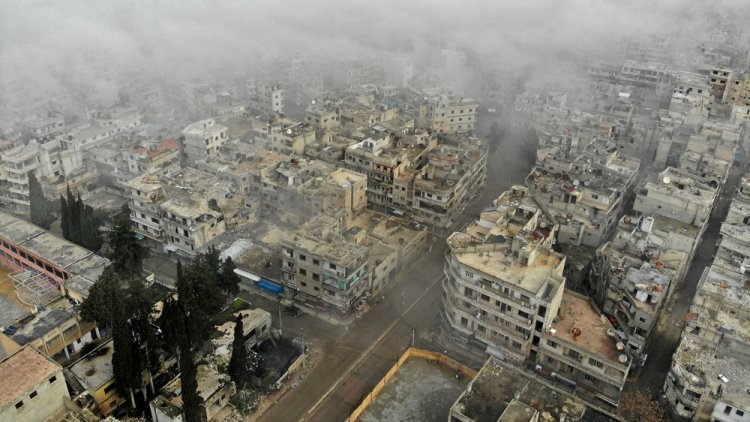Syria Civil War

The Syrian Civil War is an ongoing conflict between the Syrian Arab Republic Ba’athist, led by the Syrian President Bashar al-Assad, and other domestic and foreign forces. The conflict arose shortly after the Arab Spring in 2011, as hundreds of Syrian peaceful protesters were killed by Syrian government forces. In response, military defectors created a rebel group, the Free Syrian Army, in an effort to overthrow the government. The country was led into war and has been involved in one of the deadliest civil wars of this century. Considering the involvement of domestic and foreign actors in the conflict, the situation can be identified as an international armed conflict.
In the past 10 years, the conflict has claimed roughly half a million lives, has been the cause for 6.6 million internal refugees and over 5 million people have fled the country to seek safety in other countries, such as Lebanon, Turkey, Jordan or even further. The Syrian conflict is characterized by a large number of human rights violations, such as gas attacks, illegal killings and arrests, torture, enforced disappearances, war crimes, mass displacements and human trafficking. Under International Law, these acts can amount to Crimes Against Humanity.
The consistent involvement of Non-State armed groups in the conflict and the attacks launched by those groups on civilians have led to large numbers of civilian casualties as well as possible war crimes. The groups involved did not only target civilians, but also planted car bombs, took hostages and enforced a specific and rigid dress code for women and girls.
The year 2015 was one of the most brutal chapters of Syria’s decade long war, especially the siege of Aleppo. A few thousand people died during the air strikes carried out by Syria and its Russian allies, and local citizen had to refrain from their mourning ceremonies as they feared more attacks. As of mid-March 2021, the population is still scattered over the country and is left with barely anything as families had to leave everything behind.
Aleppo’s city council has recently announced the relocation of one of the biggest makeshift graveyards to the outskirts of the city. To achieve this, the council called on the people to help identify the bodies of the deceased. However, as many could not properly bury their loved ones and had to leave their home in distress, there is a high chance of many graves being overlooked or forgotten. This relocation implies a possible destruction of forensic evidence necessary for war crimes investigations. Additionally, a large part of the displaced population, which is in the millions, will not be able to support the relocation, and will, furthermore, not be able to properly bury their family members leaving their bodies in secret graves all over the city.




 GHRTV1
GHRTV1 




























